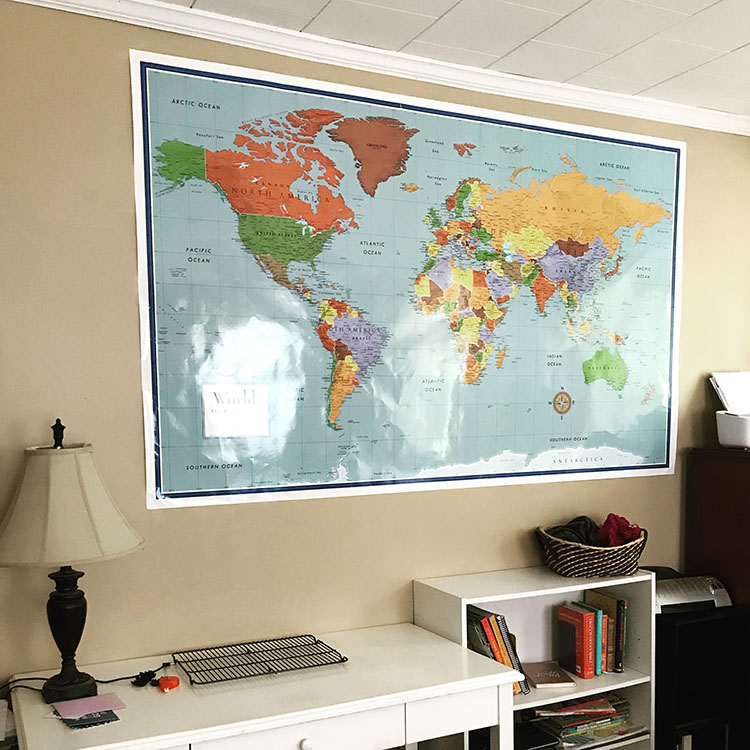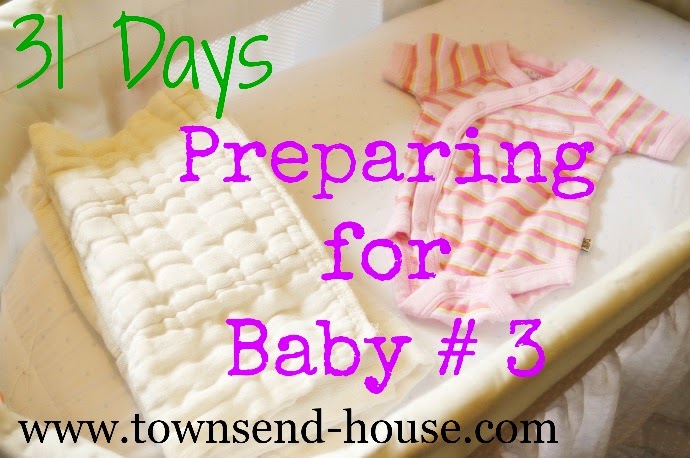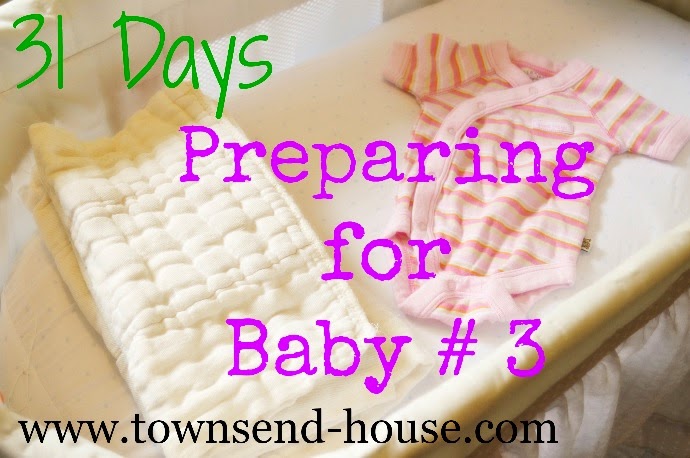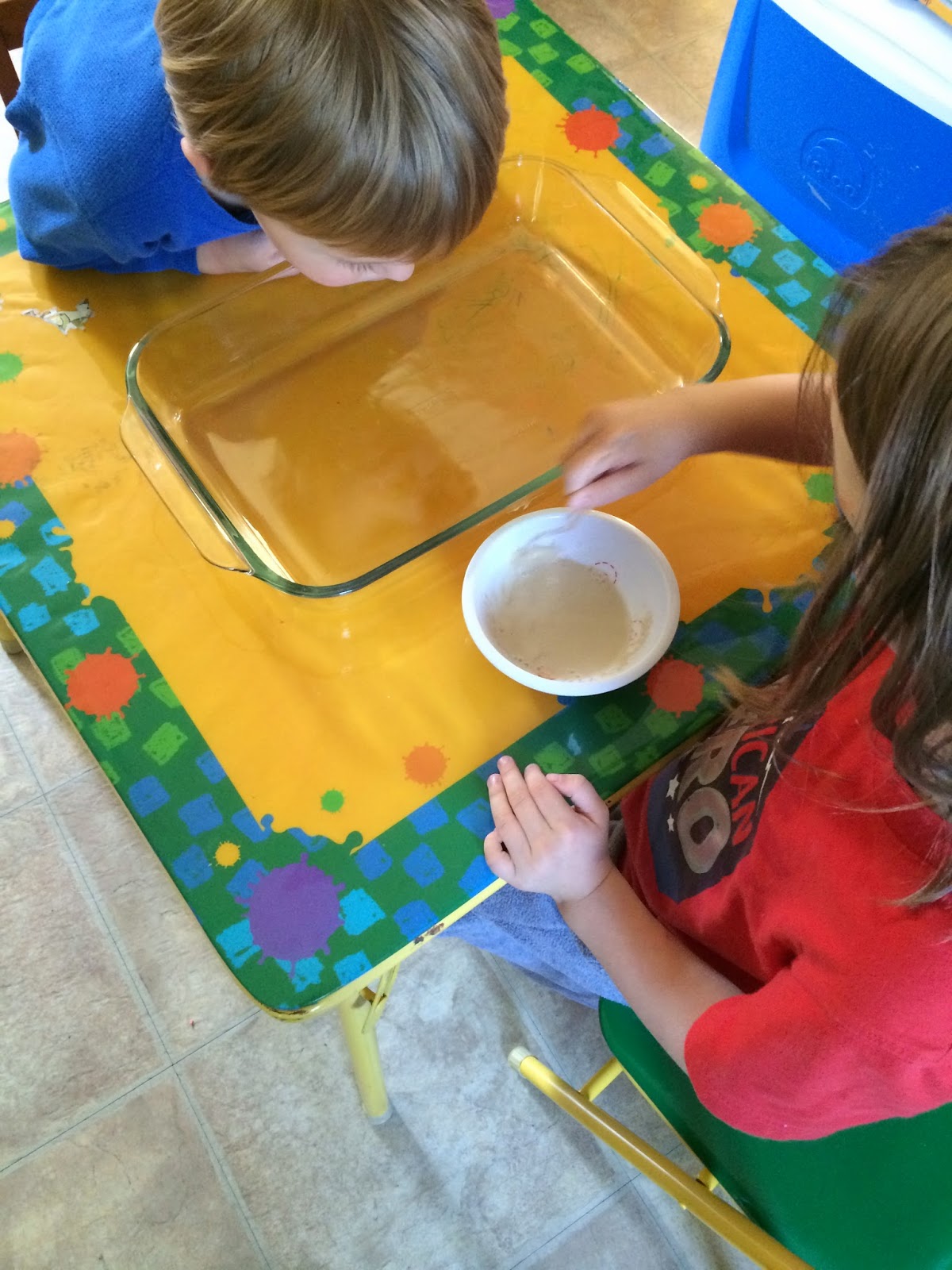Planning Your Homeschool Days – 31 Days
Planning your homeschool days ought to be a highlight of your homeschool journey. This is the time that you are able to decide what you want your children to learn. Planning your homeschool days isn’t just about the normal school subjects, it is character training, it is life-skills. It really is about shaping the whole person in front of you. Preparing your child for their life away from home, when they are an adult.
When we first started homeschooling, we were heavy on academics. This wasn’t necessarily a bad thing, but from what I had read homeschooling was supposed to be fun, and it wasn’t nearly as fun as I had expected. The reason? I had taken homeschooling and thought that essentially meant school at home.
Now, school at home is not a bad thing. In fact, there are parts of our day that still look like “school at home.” While I love to follow the interests of my children, math is a non-negotiable for me. We use a strict math curriculum and they sit at their desks and do it. But, it doesn’t have to all be like this.
Planning Your Homeschool Days – Be Realistic
When planning your homeschool days, you need to be realistic about the expectations you set for your kids. You also have to be realistic with how much time you, as the parent, have to give to each child individually.
This can be especially difficult when all of your kids are middle grade and below. While the oldest may be able to entertain the youngest for a time, more often it can end up looking like a free-for-all. Everyone needs that dedicated mom/teacher time for their work, and if you schedule several hours of individual work for each child, making sure that is all accomplished will be difficult.
Homeschooling is amazing because you are able to combine certain subjects with multiple ages. History and science are great examples of this. Everyone can listen to the same lesson, and then the individual work with that lesson can be different based on age and ability.
When you are looking at your days, you are going to want to make sure you consider everything that is going on in that day. Are you going to be out of the house for a time? If so, don’t just think about the hour that you will be gone, think about the time it will take to get everyone out the door as well as the travel time to and from wherever you are going.
Ere on the side of more time for something than less time. This will help you build the margin you need in your day, and you won’t be frustrated when your list is only have checked at the end of the day. This post includes affiliate links. If you click on one of these links and make a subsequent purchase I may receive a commission. Read Disclosure.
Using a Lesson Planner
Yesterday I talked about how I tend to plan our homeschool weekly. This has been working amazingly well for us this year. Sunday afternoons I plan out our lessons, and then I am able to plug the lessons in for each day of the week.
I currently use an Erin Condren Teacher Planner as my lesson planner, and I love it. It is durable and easy to fit everything we need to do in a given week on the schedule.
When I am planning my homeschool days, first I need to account for any appointments or other outside-the-home activities. Currently that means that I have to take into account Emma’s band practices and lessons. Two days a week she has band, so we are out of the house while she is at band. What this means is that on those two days we have a lighter school day. I know that by the time we get home my two younger kids are going to need a break from sitting quietly at the school waiting for their sister to be done her practice, Emma will want a break, everyone will want a snack, and I will need to let the dog out again. On those two days we need to do a lighter load of school.
That means that on the other three days of the week we need to do a heavier load of school. If I didn’t consider Emma’s band practice, and scheduled a lot of school for that day, it wouldn’t get done, I would be frustrated that it wasn’t done, and the kids would be frustrated that they were still doing school when their dad gets home from work. No one would be happy about that.
The Non-Negotiables
When planning your homeschool days there will be subjects that you do every day. This will be different for each family, and just because we do this does not mean that you have to. Don’t fall into the comparison trap when planning your homeschool days! These subjects are what works for my kids to have every day. They are math, reading, and spelling.
We do not do a new math lesson every day, but the kids work on some type of math every day, whether it is a lesson, or working through math facts on xtramath.org. I find that this is a good practice for my kids who don’t seem to like math at all, even though they are pretty good at it. When we miss days of math practice, the kids easily forget what they learned just a couple days before, and the stress begins to build.
Reading, the kids read every day. I give them assigned reading, and then they also read on their own. I think reading is important, that is why I assign it every day. They enjoy reading, so while they may not always love the books that I have for them to read, they still do the reading required. Jack reads fast and sometimes has trouble coming up with narration for what he has read. I ask him questions which jogs his memory. Emma reads much slower, but absorbs everything and can explain any point in any book to me. She gets that from her father. I take this into account when I assign reading – especially on our shorter days. If I have everyone read 50 pages, I know that we are doing nothing else for the day, obviously not the plan!
Spelling has been something we have struggled with. My kids are great at memorizing lists, but not so great at self-editing while writing on their own. This is a developmental stage that doesn’t usually happen until kids are 10-12, but I knew that Emma could use more practice in this area. We switched to Spelling U See which is a dictation-based spelling curriculum. Each week the child works on an entire passage, and by the end of the week you dictate the passage to the child and they write it out. It seems to be working really well, and both kids have improved on their spelling in the every day.
Everything else
After you put the non-negotiables into your plan for each day, then you will fit everything else in. You add in science and math, read-alouds, art and music, poetry, writing. Anything and everything else that you plan to do each day in one week.
Remember that you need to make sure that you still build in margin for those days. There will be times that the kids need parenting and not schooling throughout the days, and you need to account for that.
Don’t be afraid to fit things in at times when most people wouldn’t think about school. A great time for reading aloud is during meals. We tend to do a lot of history during breakfast. Everyone is listening and not talking because they are eating. Then after breakfast we can walk to our giant world map and point out where we were learning about during that lesson.
Executing your daily plans
Once you have your plans for each day, you just need to execute them. It sounds easy enough, right? The key is margin. If you have left enough margin when planning your homeschool days, you will be golden. You need this to get through all of your subjects as well as outside activities, If not, that is why we are planning weekly here. You can adjust your expectations, adjust how much you do each day, and try again the following week.
Either the night before or the morning of you can set out all of the work the kids will have for the day. If you use a workbox system you may do this at the beginning of the week for the whole week. Whatever works best for you and your family is the right way.
Then you need to make sure that your kids know what is expected of them. And remember, there will be push back. It doesn’t matter how much planning you do, your kids are still your kids, and they will push back certain days. Other days will be peachy-keen and you will pat yourself on the back at the end of the day!
What has helped us
One thing that has helped us to move through our days in a much better way are checklists. My kids love to check off boxes. During different seasons we have different checklists. In the summers their checklists are pretty basic. The items they check off are things they must do before they can have screen time in the afternoon. During the regular school year it is more of a specific list of what they need to do.
I started using these checklists for each week. Some people use a regular spiral notebook, which is fine as well. My kids tend to go through spiral notebooks like no tomorrow. If there is a notebook that has blank pages, they fill it with something else. I like having these because they are small which means I don’t make too long of a list. I usually list all their individual work for the day as well as any main family subjects we are going to work on.
Sign up to be notified when our creating margin e-course goes live!
The main idea of planning your homeschool days is to make sure you don’t have too much in your daily rotation. You want to make sure that you at least accomplish all that is on your list. If you find that after a few weeks you are finishing school really quickly, you can evaluate again. Are there more subjects you want to cover? Do you want to incorporate more field trips? Have specific times for the kids to work on projects?
After a while, this way of planning becomes second nature. It takes 20 minutes on Sunday afternoon for me to get everything planned out for the week. Then each morning I spend a few minutes writing out the day’s list for each child.
They know what to expect during the day because of their list. It give the kids a little bit more control over their schooling.
How do you plan your homeschool days? Do you leave margin in your schedule for the unexpected?






